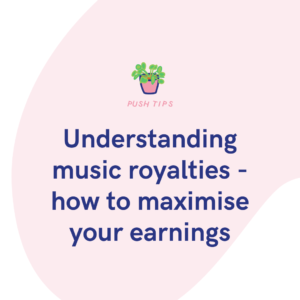Keywords refer to direct words and phrases people choose to focus on when writing. These words will have been thought through and researched at great lengths to ensure they fit in with the SEO.

In the realm of digital marketing and search engine optimisation (SEO), keywords play a huge role in determining the success of online content. Understanding what keywords are and how to use them effectively is essential for anyone looking to place their written work successfully online. In this blog, we will dive into keywords and how to use them.
Defining keywords
Keywords, in the context of online content and search engines, refer to the specific terms and phrases people use when searching for information on the internet. These words capture the essence of a topic, representing the core ideas and concepts associated with a particular piece of content.
Types of keywords
1. Short-tail keywords
- Short-tail keywords are brief, often one or two words, and are broad in scope. While they attract a large audience, they may also be highly competitive.
2. Long-tail keywords
- Long-tail keywords are more specific and extended phrases, catering to a narrower audience. They often result in higher conversion rates as they reflect a user’s precise intent.
Importance of Keywords in SEO
1. Search engine ranking
- Keywords are a fundamental factor in search engine algorithms. Websites that incorporate relevant keywords are more likely to rank higher in search engine results pages (SERPs).
2. Targeting audience intent
- Understanding user intent is really important. Keywords help match your content with what users are searching for. Improving the chances of attracting the right audience.
3. Content optimisation
- Correct keyword use allows for effective optimisation of content. This includes adding keywords to meta tags, headers, and body text.
4. Competitive analysis
- Keyword research provides insights into what terms your competitors are targeting. This information is valuable for refining your content strategy.
How to use keywords successfully
1. Keyword Research
- Begin by conducting thorough keyword research to identify relevant terms for your content. Tools like Google Keyword Planner, SEMrush, and Ahrefs can assist in this process.
2. Content creation
- Develop high-quality, informative content that incorporates your chosen keywords naturally. Focus on providing value to your audience while maintaining keyword relevance.
3. On-page optimisation
- Optimise various on-page elements, including titles, meta descriptions, and headers, with your target keywords. This helps search engines understand the focus of your content.
4. Regular updates
- Stay current with industry trends and changes in user behaviour. Regularly update your keyword strategy to align with evolving search patterns.
When it comes to online content, mastering keywords is essential for achieving visibility, attracting the right audience, and staying ahead of the competition. By understanding keyword usage and staying informed about industry trends, content creators can unlock the full potential of their online presence and connect with their target audience more effectively.






